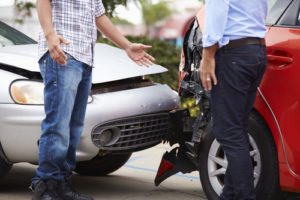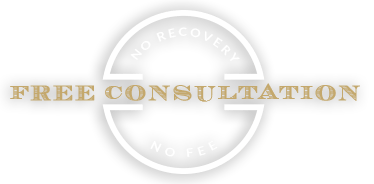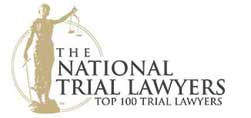Do You Have to Report Your NJ Car Accident If It Was Minor?
February 26, 2019

Reasons to Report Your Accident to the Police
In New Jersey, the law states that you legally must file a police report if the accident causes injury, death, or results in property damage higher than $500. The law also states that you should also report it by the “quickest means of communication.” This essentially means that you must do it quickly with a cell phone instead of a written letter.
Although in some cases it may be appealing not to bother getting the police involved, it is important to understand the risks. There may be an injury that has delayed symptoms due the adrenaline coursing through your veins from experiencing the motor vehicle accident. The police are trained to look for issues and to bring medical professionals to the scene to make sure. You don’t want to go home with internal bleeding or a concussion.
In some situations, the other party may ask to not involved the authorities or insurance companies because they are not insured. You want to get them involved if this is the case, because if something acts up with you or your car later, you are even less likely to get a settlement from your own insurance carrier.
How to Report Your Car Accident to Your Insurance Company
More than likely, any car insurance provider you come across will expect you to report any and all incidents to them. Many people wish to avoid doing so in minor accident scenarios to avoid their insurance rates going up. The unfortunate reality is that your rates can increase even if the fault lies with someone else. This makes “working it out” an even more appealing solution.
This, of course, is not a good idea. If for any reason the insurance companies did find out, your rates can increase. If, for any reason, an issue with your car arises later or a delayed medical condition creeps up, you can be in trouble. If you then attempt to approach your provider about the accident that you covered up, they most likely will refuse to cover your now arising medical conditions and legally have the right to do so.
Also consider that the person who promised to “work it out” with you changes their mind. If they decide to report the incident and you chose not to do the same, this could also cause trouble for you down the line.
The only time it is recommended that you don’t need to contact your insurance provider is in scenarios not involving another party. A common example of this may be if you were to accidentally hit your mailbox. In this kind of scenario, the damage to your bumper may be extremely minimal and something you could just take care of on your own.
Contact a Morristown Personal Injury Lawyer to Discuss Your Vehicle Accident Case in New Jersey
Did you or a loved one sustain serious injuries due to a car accident in New Jersey? Don’t let the medical bills pile up while you wait for the negligent party or their insurance company to do the right thing. Right now, you need an aggressive New Jersey personal injury attorney on your side, fighting to get you the compensation you need, want, and deserve. The skilled attorneys at Hoyt & Hoyt represent clients injured because of vehicular accidents in Edison, Mount Olive, Old Bridge, Parsippany, and throughout New Jersey. Call (973) 828-8187 or email us to schedule a free consultation about your case. We have an office conveniently located at 67 East Park Place, 5th Floor, Morristown, NJ 07960, as well as an office in New Brunswick.
The articles on this blog are for informative purposes only and are no substitute for legal advice or an attorney-client relationship. If you are seeking legal advice, please contact our law firm directly.





